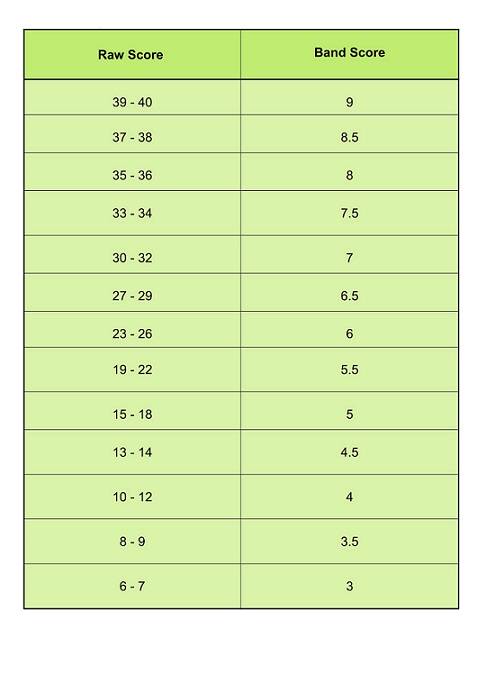What is IELTS?
The International
English Language Testing System (IELTS) is an international standardized test of
English Language Proficiency for non-native English language speakers.
It is the world’s
most popular English language proficiency test for higher education and global
migration, with over 3 million tests taken in the last year. IELTS is accepted by
most Australian, British, Canadian and New Zealand academic institutions, by over
3,000 academic institutions in the United States, and by various professional
organizations across the world.
IELTS Exam Format
LISTENING
30 minutes + 10 minutes (transfer time)
- CD plays- Headphones – monologue & group conversation - 40
Questions- 4 Sections
- Types of Questions: MCQ, Fill ups, Short Answers etc
READING
60 minutes
- ACADEMIC : 3 Passages, 40 Questions, 3 Sections
- GENERAL : Create responsive, accessible, and beautiful
layouts
WRITING
60 minutes
Task1: 1-20 minutes
- AC- Report Writing (Flow chart, pie chart, bar graph, line graph, etc)- Min Words 150-170
- GT- Letter Writing (formal, informal , semi formal)- Minimum
words 150-170
Task: 2-40 minutes
- ESSAY-Minimum 250-270 Words
SPEAKING
SPEAKING - 11-14 minutes
- Introduction (3-5 minutes)
- Cue Card (1 minute to prepare and 2 minutes to speak on the topic)
- Cross Questioning (3-5 Minutes)
Test Administration
IELTS tests are administered at centers throughout the world there are currently over 300 centers operating in more than 100 countries. Centers supervise the local administration of the test and ensure the provision of qualified and trained examiners. A full list of centers is available on the IELTS website. Test centers run regular test administrations, according to local needs and results are available within two weeks. Candidates receive only one copy of their results but additional copies may be sent by the test center directly to receiving organizations at the request of the candidate.
There are no restrictions on candidates re-taking the test. Academic and General Training IELTS is available in two formats-Academic and General Training.
The Academic Reading and Writing tests assess whether a candidate is ready to study or train in the medium of English at an undergraduate or postgraduate level. Admission to undergraduate and postgraduate courses is based on the results of these tests.
The General Training Reading and Writing tests are not designed to test the full range of formal language skills required for academic purposes, but emphasize basic survival skills in a broad social and educational context. General Training is suitable for candidates who are going to English-speaking countries to complete their secondary education, to undertake work experience or training programs not at degree level, or for immigration purposes to Australia, Canada, and New Zealand. It is the responsibility of the candidate to inform the test center whether they wish to take the Academic or General Training Modules. Centers are not responsible for providing this information. The General Training Module is not offered at all test administrations.





